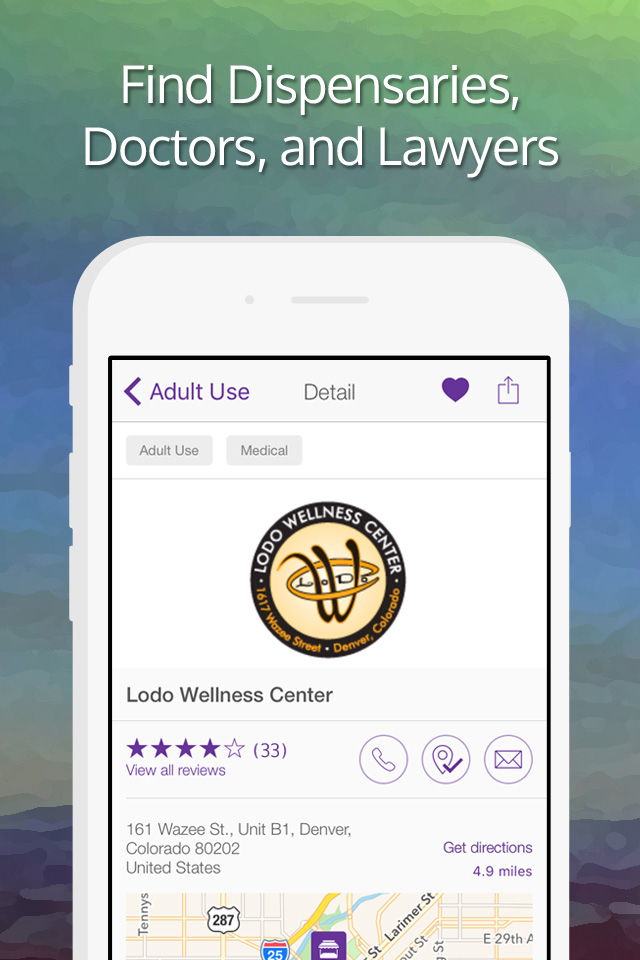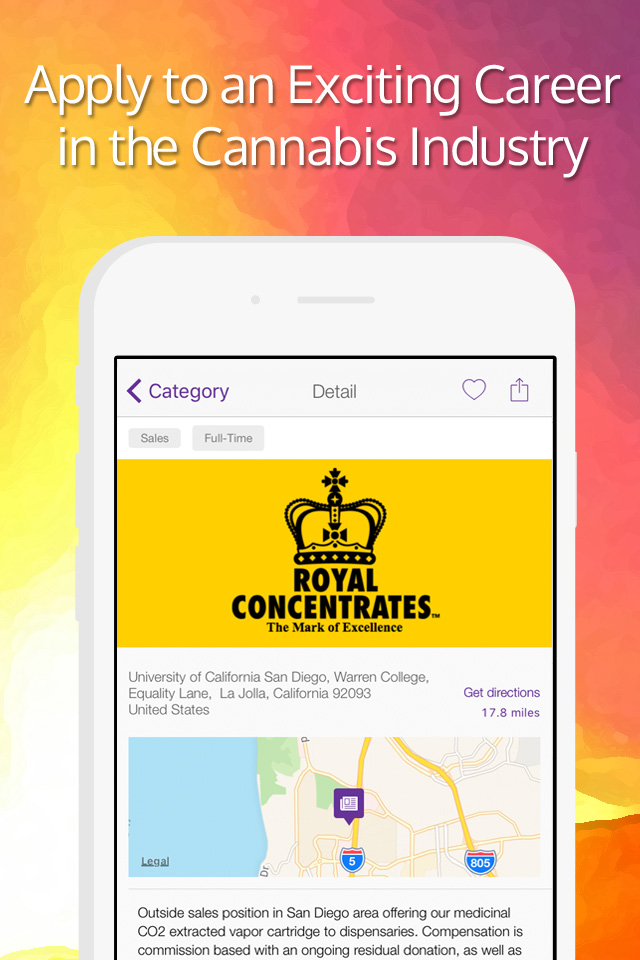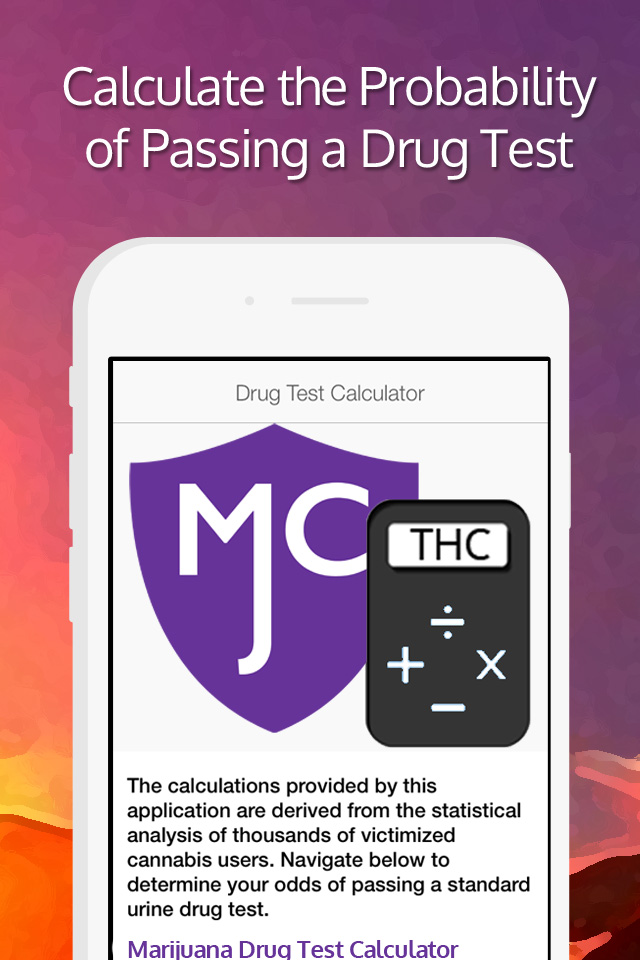
Navigating Regulations in Cannabis Careers
With the recent legalization of recreational cannabis in New Jersey, the legal landscape surrounding cannabis has undergone significant changes. The New Jersey Cannabis Regulatory, Enforcement Assistance, and Marketplace Modernization Act (NJCREAMMA) has been enacted to regulate the cultivation, distribution, and use of cannabis in the state. It is important for employees and employers in New Jersey to understand the implications of cannabis legalization on workplace policies, drug testing, and employee rights. This article explores the interplay between cannabis and employment law in New Jersey, including issues such as workplace drug policies, drug testing, and off-duty cannabis use.
Key Takeaways:
- Understanding the legal implications of cannabis legalization is crucial for both employers and employees in New Jersey.
- Employers can establish drug policies that prohibit cannabis use during work hours or on company premises while complying with existing laws and avoiding potential discrimination claims.
- Drug testing policies should be consistent and comply with existing laws, considering the presence of cannabis metabolites does not always indicate impairment during work hours.
- Off-duty cannabis use should not be grounds for adverse employment actions, but employers can still address impairment that affects an employee’s performance, safety, or violates workplace policies.
- Employers have a responsibility to ensure workplace safety, which may involve restricting or prohibiting cannabis use in safety-sensitive positions.
Implications of Cannabis Legalization on Workplace Policies
Despite the legalization of cannabis in New Jersey, employers still retain the right to maintain a drug-free workplace. They can establish and enforce drug policies that prohibit cannabis use during work hours or on company premises. However, employers should ensure that their drug testing policies comply with existing laws and are applied consistently to avoid potential discrimination claims. It is also important for employers to be aware of employee rights regarding medical marijuana use and to engage in an interactive process to determine the extent of use.
While employers have the right to implement workplace drug policies, it is essential to strike a balance between ensuring a safe work environment and respecting an individual’s rights. It is important for employers to clearly communicate their drug policies to employees and provide education on the potential consequences of cannabis use at work. By establishing clear guidelines and promoting open communication, employers can address workplace drug issues effectively while respecting employee rights.
In addition to drug testing policies, employers should consider implementing reasonable accommodation measures for employees who are using medical marijuana. This includes engaging in the interactive process to determine if alternative arrangements can be made to accommodate an employee’s medical needs while allowing them to perform their job effectively.
Table: Comparison of Workplace Drug Policies
| Policy | Pros | Cons |
|---|---|---|
| Zero-Tolerance Policy | – Ensures a drug-free workplace – Minimizes safety risks – Consistent application for all employees |
– May lead to the termination of employees who use medical marijuana off-duty – Potential discrimination claims if not applied consistently – May restrict qualified candidates from applying |
| Reasonable Accommodation Policy | – Demonstrates respect for employee rights – Supports employees with medical conditions – Allows flexibility in managing potential impairments |
– Can be challenging to determine the extent of impairment – May require additional resources for accommodation – Balancing safety concerns with accommodation needs |
| Modified Duties Policy | – Offers flexibility for employees with medical conditions – Allows employees to continue working with suitable modifications |
– May require restructuring of job roles and responsibilities – Potential impact on productivity and staffing levels – Can be less effective in safety-sensitive positions |
It is crucial for employers to familiarize themselves with the legal framework surrounding cannabis and employment law in New Jersey. By staying informed and ensuring compliance with regulations, employers can establish effective workplace drug policies that prioritize safety while respecting employee rights.
Drug Testing in the Cannabis Industry
Drug testing is a critical aspect of maintaining a safe and compliant workplace in the cannabis industry. While the legalization of cannabis in New Jersey has created new opportunities, employers still have the right to screen applicants and conduct random, post-accident, or reasonable suspicion testing for cannabis use. It is important for employers to understand the regulations surrounding drug testing and to ensure that their policies are in compliance to avoid potential legal issues.
Screening applicants for cannabis use is a common practice in the cannabis industry. Employers have a responsibility to ensure that their employees are fit for duty and not impaired during work hours. Drug testing can help identify individuals who may pose a safety risk or have potential performance issues due to cannabis use. However, it is crucial for employers to establish clear guidelines and criteria for drug testing to avoid any potential discrimination claims.
Reasonable suspicion testing is another important aspect of drug testing in the cannabis industry. If an employer has reasonable grounds to believe that an employee is under the influence of cannabis during work hours, they can request a drug test. It is essential for employers to train their supervisors and managers on recognizing the signs and symptoms of impairment and to document any observed behavior or performance issues that may warrant reasonable suspicion testing.
| Types of Drug Testing | Advantages | Disadvantages |
|---|---|---|
| Pre-employment testing | – Identifies potential employees who may pose a safety risk or have performance issues related to cannabis use – Helps create a drug-free workplace |
– Does not indicate current impairment during work hours – May hinder recruitment efforts in a competitive job market |
| Random testing | – Deters employees from using cannabis during work hours – Provides a deterrent effect |
– Does not indicate current impairment during work hours – Can be costly and time-consuming to implement |
| Reasonable suspicion testing | – Allows for prompt action when there are observable signs of impairment – Ensures workplace safety |
– Requires careful documentation of observed behavior or performance issues to justify testing – Subjective and open to interpretation |
It is important for employers to stay updated on the latest regulations and guidelines regarding drug testing in the cannabis industry. Investing in comprehensive training programs for supervisors, managers, and employees can help ensure a clear understanding of the policies and procedures surrounding drug testing. By implementing sound drug testing practices, employers can create a safer and compliant workplace in the cannabis industry.
Off-Duty Cannabis Use and Employment
The legalization of cannabis in New Jersey has raised questions about how employers can handle off-duty cannabis use by their employees. The New Jersey Cannabis Regulatory, Enforcement Assistance, and Marketplace Modernization Act (NJCREAMMA) explicitly states that employers cannot take adverse employment actions against individuals based solely on their status as a cannabis consumer or their participation in the state’s legal cannabis program. This means that off-duty cannabis use, within the boundaries of the law, should not be grounds for hiring, termination, or discrimination.
However, it is important to note that employers still have the right to address impairment in the workplace if an employee’s cannabis use affects their performance, compromises safety, or violates workplace policies. While the NJCREAMMA protects individuals from discrimination based on their legal use of cannabis outside of work, employers have a responsibility to maintain a safe and productive work environment.
To navigate this delicate balance, employers should clearly communicate their expectations regarding cannabis use and impairment in the workplace. By establishing clear policies and providing education and resources to employees, employers can foster a culture of safety and compliance while respecting the rights of individuals participating in the legal cannabis program.
“Legalization of cannabis in New Jersey has brought about significant changes in the workplace landscape. Employers need to be aware of the rights of their employees and the limitations imposed by the NJCREAMMA. It is crucial to strike a balance between accommodating legal cannabis use and ensuring a safe and productive work environment.”
The Impact of Off-Duty Cannabis Use on Workplace Policies
- Employers cannot discriminate based on an individual’s off-duty cannabis use or participation in the legal cannabis program.
- Impairment in the workplace due to cannabis use can still be addressed by employers.
- Clear communication, policies, and education are key to navigating the complexities of off-duty cannabis use and employment.
Employer Obligations and Workplace Safety
When it comes to cannabis legalization and the workplace, employers have a responsibility to prioritize safety, especially for safety-sensitive employees. This includes individuals who operate heavy machinery or handle hazardous materials. To minimize the risk of accidents and impairment, employers may restrict or even prohibit cannabis use for employees in these roles.
Furthermore, employers who have federal contracts or are subject to federal regulations must adhere to specific protocols related to workplace safety and drug testing. These regulations ensure that safety-sensitive employees are not impaired while carrying out their duties. It is crucial for employers to stay informed about industry trends, regulations, and news to ensure compliance with these obligations.
Table: Workplace Safety Guidelines for Safety-Sensitive Employees
| Guidelines | Description |
|---|---|
| Prohibition of Cannabis Use | Employers may restrict or prohibit cannabis use for safety-sensitive employees. |
| Adherence to Federal Regulations | Employers with federal contracts or subject to federal regulations must comply with specific protocols for workplace safety and drug testing. |
| Training and Education | Employers should provide training and educational resources on workplace safety and the potential effects of cannabis use on job performance. |
| Reasonable Suspicion Testing | Employers may conduct reasonable suspicion testing to address concerns of impairment or cannabis use during work hours. |
It is essential for employers to create a safe working environment and implement policies that prioritize workplace safety. By staying up-to-date on regulations and adhering to federal guidelines, employers can ensure the well-being of their safety-sensitive employees and maintain a compliant operating environment.
The Role of Cannabis Recruiters in Navigating the Industry
In the rapidly growing cannabis industry, job seekers face unique challenges in finding the right opportunities amidst the ever-changing regulatory landscape. Navigating the complex regulations and understanding the job market can be daunting, but cannabis recruiters are here to help. Our team specializes in the cannabis industry and has extensive knowledge and networks to support job seekers in their search.
With our expertise, we can provide valuable insights into the industry, including emerging job trends, in-demand skills, and regulatory hurdles that may impact employment opportunities. We understand the specific requirements and qualifications that employers are seeking, and we can help job seekers position themselves as top candidates.
Our streamlined job search support includes resume assistance, interview preparation, and personalized guidance tailored to each individual’s skills and goals. We are dedicated to helping job seekers navigate the cannabis industry and find their ideal role.

The Benefits of Working with Cannabis Recruiters
Working with cannabis recruiters offers several advantages for job seekers. First and foremost, we have an in-depth understanding of the industry and can provide insights and guidance that may not be readily available elsewhere. We have established relationships with cannabis companies and can connect job seekers with exciting opportunities that may not be advertised publicly.
“Working with cannabis recruiters offers several advantages for job seekers. First and foremost, we have an in-depth understanding of the industry and can provide insights and guidance that may not be readily available elsewhere.”
Furthermore, cannabis recruiters can help job seekers navigate the regulatory hurdles that may arise during the application process. As regulations continue to evolve, it is essential for job seekers to stay informed and ensure compliance. Our team can provide up-to-date information on licensing requirements, background checks, and other regulatory aspects that may impact employment in the cannabis industry.
Streamline Your Job Search with Cannabis Recruiters
- Connect with industry experts: By working with cannabis recruiters, job seekers can tap into a wealth of industry knowledge and expertise. We can provide valuable insights and advice to help job seekers make informed decisions and position themselves for success.
- Access to hidden opportunities: Many cannabis companies prefer to work with recruiters to fill their positions, meaning that some of the most exciting job opportunities may not be available through traditional job boards. Our extensive network allows us to connect job seekers with these hidden gems.
- Stay informed on regulations: The cannabis industry is subject to complex and ever-changing regulations. By partnering with cannabis recruiters, job seekers can stay up-to-date on the latest regulatory developments and ensure their applications and employment align with legal requirements.
The Importance of Budtenders in Cannabis Dispensaries
Budtenders play a crucial role in cannabis dispensaries as they serve as a bridge between customers and the various cannabis products. With their deep understanding of the products available and their excellent customer engagement skills, budtenders ensure a positive and informed experience for consumers.
In addition to providing recommendations based on customer preferences and needs, budtenders are responsible for ensuring compliance with legal requirements. This includes verifying the age and identification of customers, educating them on responsible cannabis use, and maintaining a safe and welcoming environment within the dispensary.
Budtenders’ product knowledge is essential in helping customers navigate the options available. Whether customers are new to cannabis or experienced users, budtenders can help them find the right product for their desired effects, whether it’s pain relief, relaxation, or creativity. They can also provide guidance on different consumption methods and proper dosing to ensure a positive and tailored experience.
Overall, budtenders play a vital role in the success of cannabis dispensaries. Their expertise, customer-centric approach, and commitment to compliance contribute to creating a positive and informed cannabis purchasing experience.
Table: Key Responsibilities of Budtenders
| Responsibilities | Description |
|---|---|
| Product Knowledge | Deep understanding of cannabis strains, products, and consumption methods |
| Customer Engagement | Providing personalized guidance, recommendations, and education to customers |
| Compliance | Verifying age and identification, ensuring adherence to legal requirements |
| Safety | Maintaining a safe and welcoming environment within the dispensary |

Dispensary Managers and Compliance Specialists
In the highly regulated cannabis industry, dispensary managers and compliance specialists play a critical role in ensuring that dispensaries operate in compliance with local regulations. Dispensary managers oversee the day-to-day operations of the dispensary, including inventory management, staff supervision, and customer satisfaction. They are responsible for ensuring that the dispensary maintains a safe and secure environment for both employees and customers. Dispensary managers must have a deep understanding of the ever-evolving regulatory landscape to navigate the complex requirements and adapt to any changes that may arise.
Compliance specialists, on the other hand, focus specifically on ensuring that the dispensary complies with all relevant laws and regulations. They are responsible for maintaining accurate documentation, preparing for inspections, and providing ongoing training to staff members. Compliance specialists stay informed about the latest industry regulations and work closely with dispensary managers to implement and enforce compliant practices. Their expertise and knowledge are essential for ensuring that the dispensary operates legally and ethically.

Conclusion
In conclusion, the cannabis industry operates within a complex regulatory framework that requires strict compliance. Employers must navigate through these regulations to ensure a safe and compliant workplace. This includes developing and enforcing drug policies, conducting appropriate drug testing, and addressing impairment in the workplace.
Job seekers in the cannabis industry can benefit from the specialized knowledge and support provided by cannabis recruiters. With their expertise and extensive networks, cannabis recruiters can help job seekers navigate the regulatory hurdles and find the right opportunities that align with their skills and goals.
Budtenders play a crucial role in cannabis dispensaries, serving as the face of the industry and providing excellent customer service. Their product knowledge and ability to guide customers in making informed choices are essential for a positive dispensary experience.
Dispensary managers and compliance specialists are responsible for ensuring that operations are conducted smoothly and within legal boundaries. Their extensive knowledge of cannabis industry regulations is crucial for maintaining compliance, handling documentation, and preparing for inspections.
Overall, understanding and navigating the regulatory landscape is essential for success in the cannabis industry. By prioritizing compliance and staying informed about employment laws, employers and job seekers can contribute to the growth and professionalism of this emerging industry.
FAQ
What are the implications of cannabis legalization on workplace policies?
With the legalization of cannabis in New Jersey, employers still have the right to maintain a drug-free workplace and can establish drug policies prohibiting cannabis use during work hours or on company premises.
Can employers conduct drug testing for cannabis?
Yes, employers in New Jersey are still permitted to conduct drug testing for cannabis as part of their pre-employment screening or during random, post-accident, or reasonable suspicion testing.
What should employers consider regarding employee rights and medical marijuana use?
Employers should be aware of employee rights regarding medical marijuana use and engage in an interactive process to determine the extent of use.
Can employers take adverse employment actions based on off-duty cannabis use?
No, employers cannot take adverse employment actions against individuals based solely on their status as a cannabis consumer or participation in the state’s legal cannabis program.
Can employers restrict or prohibit cannabis use for safety-sensitive employees?
Yes, employers can restrict or prohibit cannabis use for employees in safety-sensitive positions to minimize the risk of accidents or impairment.
What are the roles of cannabis recruiters in the industry?
Cannabis recruiters specialize in the industry and provide specialized knowledge, extensive networks, and streamlined job search support for job seekers.
What is the role of a budtender in a cannabis dispensary?
Budtenders play a crucial role in cannabis dispensaries as they serve as a bridge between customers and the various cannabis products. They provide product knowledge and ensure compliance with legal requirements.
What are the responsibilities of dispensary managers and compliance specialists?
Dispensary managers are responsible for overseeing day-to-day activities, inventory management, and ensuring compliance with local regulations. Compliance specialists ensure the dispensary complies with all relevant laws and regulations.
What is the importance of compliance with cannabis industry regulations?
Compliance with cannabis industry regulations is crucial to ensure a safe and compliant workplace and to navigate the complex legal framework of the industry.








